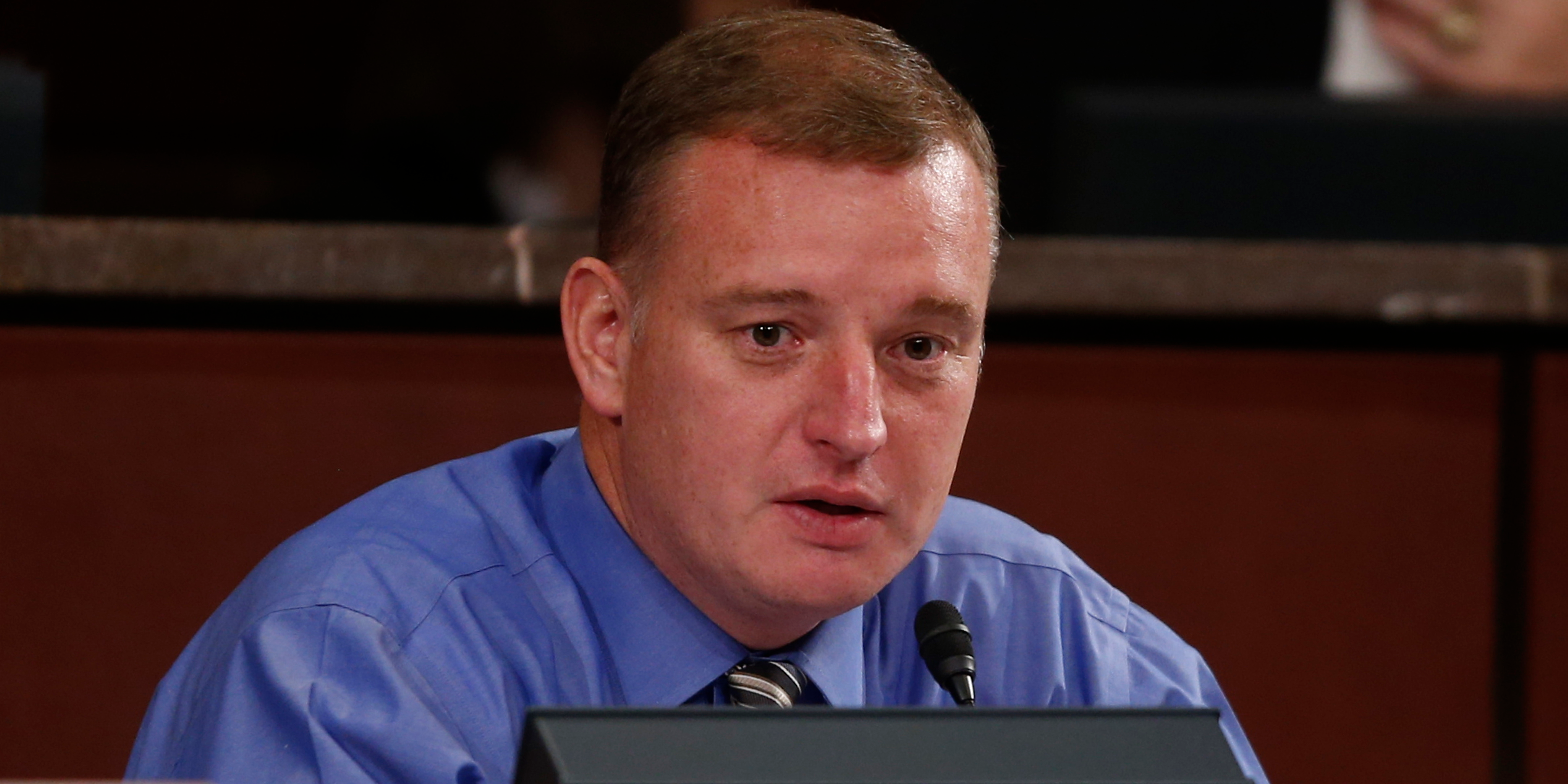- Florida Rep. Tom Rooney wants to bring back earmarks, the controversial practice banned by Congress years ago.
- Rooney’s plan would limit the scope of earmarks to specific projects, with what he says would be a more open and transparent process.
WASHINGTON – Republican Rep. Tom Rooney of Florida wants to bring back earmarks, a practice not used in Congress for several years, saying nothing will get done in Congress without them.
Earmarks are synonymous with corruption and have historically been a way for lawmakers to line the pockets of their donors, family members, and themselves, according to the critics who fought to get rid of the process of directing taxpayer spending to specific individuals or companies.
But Rooney said the banning of earmarks has slowed Congress’s productivity to a glacial pace. His proposal is to bring back earmarks in a limited form because members of Congress aren’t able to “do jack s— for their constituents” without them.
“I think that we should only do public earmarks like for roads, bridges, Army Corps, Bureau of Land Management, maybe public school systems, but I don’t even know if we need to go there – but they need to come to the House floor, make the argument for it like they do in a lot of state legislatures,” Rooney told Business Insider. “And therefore it’s open and out there in the public. And if their constituents don’t like it, they can vote for somebody else next time.”
There are still many critics of earmarks
However, it is not that easy. Critics of earmarks like former Oklahoma Sen. Tom Coburn have said any path forward in will lead to corruption, calling those who want to revive the process "tone deaf" and a threat to the Republican majority.
"This is all appropriators that want to do this and young members of Congress that have never seen the corruption associated with it," Coburn told Business Insider last week. "If the Republicans are that tone deaf that they actually have a hearing on it when they can't pass a budget and can't fix the [Deferred Action for Childhood Arrivals] problem, I'm not sure they deserve to be in the majority."
House Freedom Caucus chair Mark Meadows made similar statements to Coburn, suggesting that a new version of earmarking could not withstand corruption and abuse.
"I haven't seen any plan that is so transparent that it is not corruptible at this point," Meadows said. "So I represent 750,000 people, and so if they want to put out a plan that I can take to them, I'm more than happy to look at it. But at this point, I don't know of anything that actually would not be abused by this institution."
Rooney disagrees, suggesting that a limited scope of how earmarks are done could prevent the corruption of the past.
"The argument that there's an inherent assumption of corruption that's definitely automatically going to happen, basically is Mr. Coburn's assumption that we can't control ourselves in this body and that they can't control themselves in the Senate," Rooney said. "If that's true, that's a pretty sorry state of affairs."
Rooney added that it is his understanding that most current members of Congress support his push to bring back earmarks in a more limited and transparent capacity, but acknowledged the difficulty in dealing with those still opposed to it.
"Look, it's so easy to run for reelection and be like, 'I opposed earmarks. I oppose pork barrel spending.' Great you win, now go back up there, you get to call yourself 'congressman,' but guess what? You can't do jack s--- for your constituents, congratulations," Rooney said.
"I guess I've been here long enough for 10 years that I'm sick and tired of not being able to go home and say, 'I fixed that problem for you. I solved that problem for you.' Being congressmen shouldn't just be good enough to just have the title but for a lot of people it is and hopefully that changes. Otherwise, Coburn is right. We're all just a bunch of corrupt a------- that are called congressmen."
